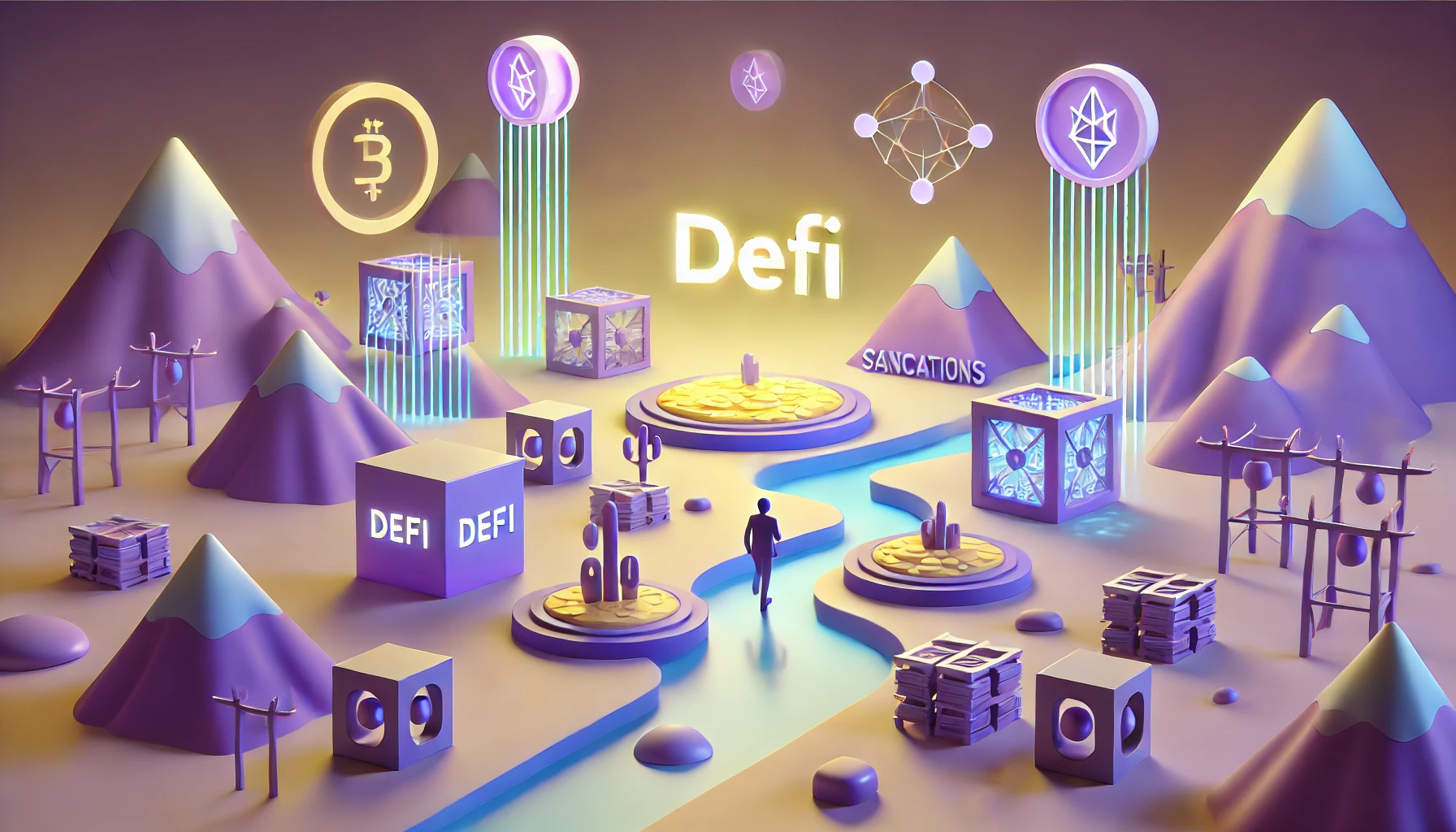On Thursday 25 March, the NGO Foodwatch explained food fraud in detail in a book by Ingrid Kragl (Director of Information) entitled Manger du faux pour du vrai – Les scandales de la fraude alimentaire. To put an end to this fraud and negligence, which are increasing health risks, a number of companies, including the Swiss start-up Farmer Connect, have announced the development of an effective solution using blockchain technology to trace the origins of different products.
Innovative blockchain technology for transparency and traceability
A blockchain is a user-fed database in which transactions are recorded and shared between users. The information entered cannot be altered or deleted, because security is ensured by advanced digital cryptography techniques, and each of the blocks in the chain contains a history of previous transactions.
This technology provides immediate traceability at a lower cost in environments where there are a large number of players. Thanks to this new feature, the various players are obliged to comply with the rules in place and honour the established protocols and systems.
The obligation to trace food products in Europe
Product traceability is now an obligation in the food industry. From production to distribution to consumers, it is imperative that those involved label the product on offer according to its characteristics and origin. To do this, they are increasingly using connected objects and applications such as My Food Story. This “made in France” traceability software enables potential buyers to access all the production stages of a product by scanning it with their smartphone.
System failures in the food industry
Food production is a large-scale system with many players: farmers, producers, suppliers, consumers, etc. In such a vast environment, the transparency of information between these different “partners” is not always guaranteed. Unfortunately, this lack of transparency makes it easier to commit fraud and act in a way that runs counter to health and production standards.
The Findus affair in February 2013 is one of the most striking illustrations of this. The scandal hit the media when horsemeat was discovered in products that were supposed to contain only beef. The Spanghero company and other intermediaries involved allegedly preferred horsemeat to the more expensive beef and changed the labelling of batches of meat in order to increase their profits on the merchandise.
At the time, this leeway raised doubts about the reliability of food production conditions, especially as this was not the only case in recent years (fipronil contamination of eggs, salmonella contamination of dairy products, etc.) and around 1 in 10 people fall ill after ingesting infected food.
It is estimated that in the agri-food market, less than 10% of products in circulation are traced, examined and certified. This low proportion highlights our vulnerability as consumers and may lead us to ask the following question: do we really know what’s on our plates?
IBM Food Trust: safe products
For several years now, particularly in the wake of health scares, there has been a vast movement to protect consumers from the health risks associated with the production, preservation and transport of food products.
IBM Food Trust, a blockchain-based platform, is a collaborative network created in 2016 to provide producers, suppliers, distributors and manufacturers with information about their ecosystem. Its aim? To enable them to share with consumers all the data relating to product safety.
Taking Carrefour as an example, as it is not only one of the members of the network but also one of the employees who worked on the development and growth of the IBM Food Trust system, we can clearly see the quality of the process.
Diagram of the food traceability of Auvergne chicken by Carrefour using blockhain technology.
In 2018, Carrefour launched Europe’s first food blockchain (source: Carrefour).
Farmer Connect: blockchain as a link between small producers and consumers
Several commercial groups have put their trust in IBM Trust Food logistics, including Swiss start-up Farmer Connect. The company aims to guarantee the traceability of products such as cocoa, tea, spices and coffee, while facilitating relationships between consumers and producers. A Series A round of funding from Itochu Corporation (a Japanese company that supplies raw materials to manufacturers and retailers) worth $9 million was crucial to the company’s development of its Farmer Connect software and Thank My Farmer web application. Investors from America and Europe, as well as the company’s founding partner, Sucafina, made a major contribution to the success of the project.
Cocoa and coffee production is a highly opaque business, because of the large number of farmers involved. The solution proposed by the Swiss start-up combines a web application and software that enable individuals to trace the origin of products and at the same time financially support local farmers through donation programmes. The reliable tracking and transparency offered by these different blockchain-based technologies have led to their expansion. More and more companies are coveting this technology, following the example of one of the world leaders in the coffee industry: Massimo Zanetti Beverage Group.
With its new Segafredo Soria range of sustainable coffees, the company aims to take transparency and product traceability a step further, using blockchain technology. In 2020, 44% of customers said they would like to have more information about producers, while 92% of Italian consumers felt the need to know the origin of products on the market (source: IBM & Morning Consult Europe). The Group has been in contact with Farmer Connect in order to bring this project to fruition and begin marketing the range worldwide in early 2022.
In addition to ensuring the security of its products using blockchain technology, the Italian group has been able to respond to a customer need, thereby securing the trust and loyalty of consumers.














